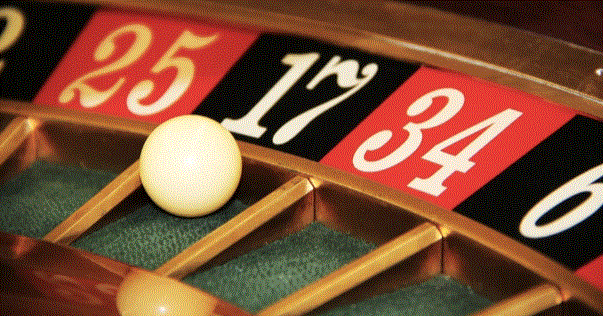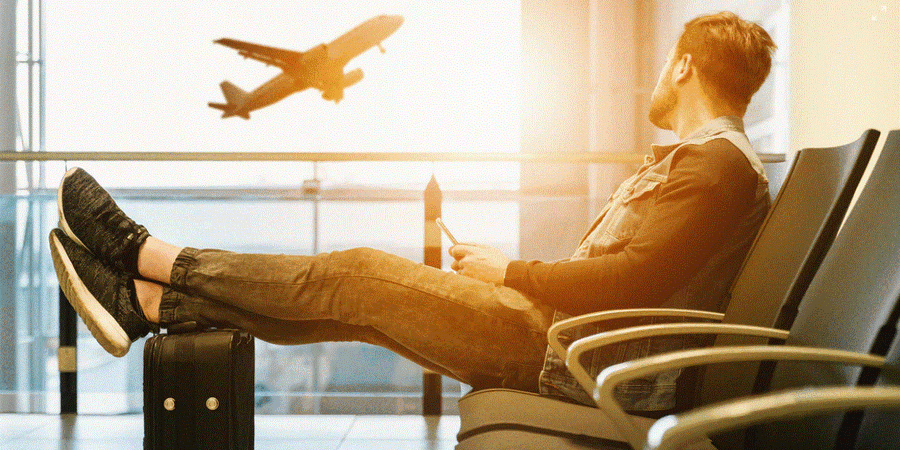PHILADELPHIA - Travel fatigue interacting with gambling activities produces an unusual mental impact which affects many individuals who stay in gaming facilities after their sleep patterns change. Scientists need to examine jetlag's influence on gaming decisions because casino enthusiasts encounter gambling establishments during their time in flashy Las Vegas and in prolonged airport delays.
The Science Behind Jetlag and Cognitive Function
Our biological systems experience mismatches with current time zones, causing internal disruptions that trigger various mental and physical reactions throughout our bodies. The prefrontal cortex becomes more vulnerable to sleep disturbances because it maintains executive control over decision-making and proper judgment. The disrupted neural system produces severe dysfunctions in processing reward signals while simultaneously affecting judgment skills in gambling games.
The Casino Environment and Circadian Disruption
The combination of bright casino slots under artificial lighting on modern casino floors can confuse players experiencing jet lag symptoms. The Casino's machine sounds, paired with flashing lights and a managed environment, cause human bodies to ignore fatigue signals, thus losing control of physical state awareness.
Impaired Risk Assessment and Reward Processing
Research demonstrates that insufficient sleep leads individuals to detect only profitable outcomes while failing to recognize potential threats. Gamblers who experience jet lag become more likely to take dangerous risks when involved in betting activities due to the influence of cognitive bias. At times of sleepiness, players make decisions that prove harmful, since their brains process rewards differently.
Decision Fatigue and Emotional Regulation
Jetlag-induced mental fatigue empties the human capacity for self-regulation. Casinos experience various forms of emotional control loss, as players stay longer and bet higher amounts, demonstrating the common behavior of chasing their losses. The weariness from traveling makes it easier for people to lose their natural mechanisms that control their gambling behavior.
The Role of Stress Hormones
A person's body produces more cortisol after traveling through different time zones. An elevated stress level can affect multiple brain functions and mood for several consecutive days. The elevated stress tolerance among video gamers creates a sequence of events that leads them toward gambling, which elevates their gaming involvement to unhealthy levels.
Impact on Financial Decision-Making
Jetlag disorders, together with gambling activities, create a perfect situation where people lose control of their finances effectively. Exhaustion leads our minds into confusion, thus influencing our ability to assess betting odds and money risks, and driving us to make strange betting decisions. When casino chips are combined with electronic currency, a gap arises between players and their spending habits, since these values remain unidentified and abstract.
Social and Environmental Factors
A significant number of fatigued tourists encounter unexpected social situations while traveling alone across various locations. The combination of foreign social dynamics with casino access creates a setting where savvy travelers can engage in gambling activities for extended periods, as casinos offer both social opportunities and recreational facilities. Gaming facilities remain available during all hours to attract users whose sleep schedules have been disturbed.
Mitigation Strategies and Self-Awareness
Travelers need to understand the impact of jet lag on their decision-making capabilities, as these conditions may increase the risk of gambling. Some gambling establishments now prioritize responsible gaming initiatives through tracking fatigue-related warning signs, yet the actual responsibility rests with individual gamblers to observe both their physical and mental status.

A person should monitor their fatigue levels after travel due to its strong influence on their gaming platform decision accuracy.
The influence of jet lag on decision-making ability needs further analysis because traveling excitement enhances authentic memory formation during gaming activities. People involved in regular or occasional journeys must protect their gambling activities by learning about changes in their sleep patterns affecting their betting behavior.


